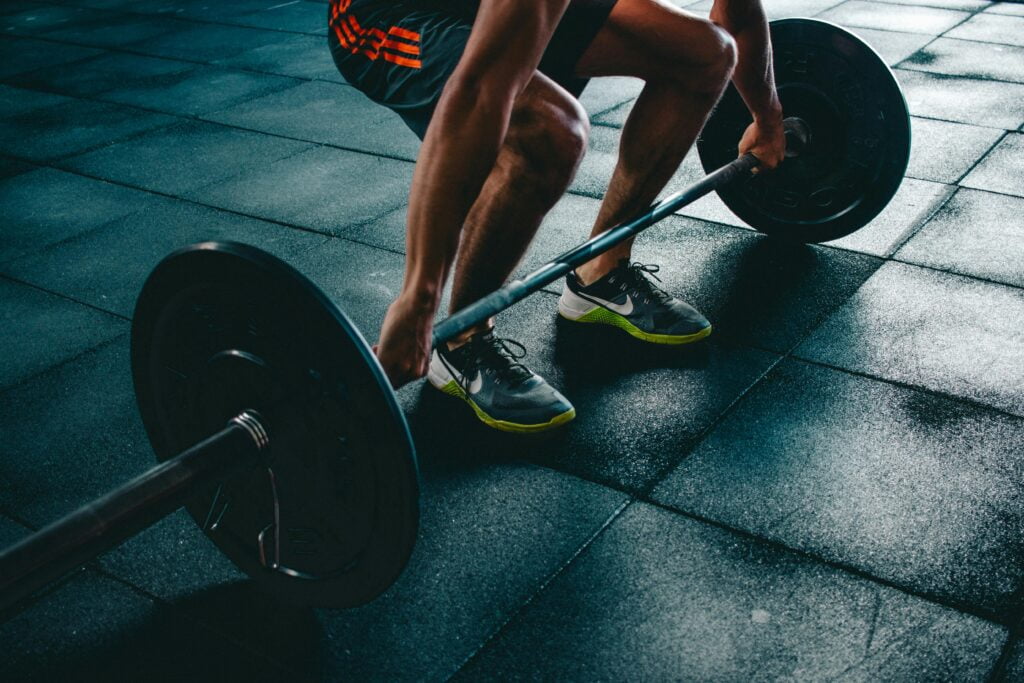When it comes to physical performance, men are generally faster and stronger, but endurance is a different story. New research suggests that women may have a physiological advantage in ultra-distance events. Here are key factors that determine endurance performance between men and women.
1. Muscle fiber composition matters

Men have more fast-twitch (type 2) muscle fibers, which help with explosive power, while women have a higher percentage of slow-twitch (type 1) fibers, which are more fatigue-resistant and beneficial for endurance sports.
2. Oxygen uptake gives men an advantage

Men typically have a higher VO2 max, meaning they can take in and use more oxygen during exercise. This allows them to sustain higher intensities for longer periods in endurance events.
3. Women’s muscles are more fatigue-resistant

Research indicates that women’s muscles fatigue more slowly than men’s, particularly during extended activities. This may help explain why women occasionally surpass men in ultra-endurance events.
4. Heart and lung capacity favor men

Men generally have larger hearts and lungs, which help them circulate oxygen more efficiently. This physiological difference contributes to their superior endurance at moderate distances.
5. Hemoglobin levels play a role

Men have higher hemoglobin levels, allowing their blood to carry more oxygen to muscles. This enhances endurance and explains why men often have a natural advantage in aerobic performance.
6. Body fat percentage impacts energy use

Women naturally have a higher body fat percentage, which serves as a more efficient energy source during long-distance efforts. This may contribute to their success in ultra-endurance sports.
7. Mental endurance is difficult to measure

Some studies suggest women may have higher pain tolerance and better pacing strategies in endurance events. Psychological resilience plays a crucial role, but it is harder to quantify.
8. Training requirements differ

Due to differences in oxygen transport and muscle mass, women may need more training time to reach the same endurance levels as men in comparable events.
9. Ultra-distance races show different trends

Although men still dominate most endurance sports, some women have set records in ultra-distance events, possibly due to better fat utilization and pacing strategies.
10. The endurance debate isn’t settled

While men have physiological advantages in many endurance-related factors, women’s ability to sustain effort over extreme distances suggests that endurance performance isn’t just about raw strength—it’s also about efficiency and resilience.
Article based on information from IFORM.dk
